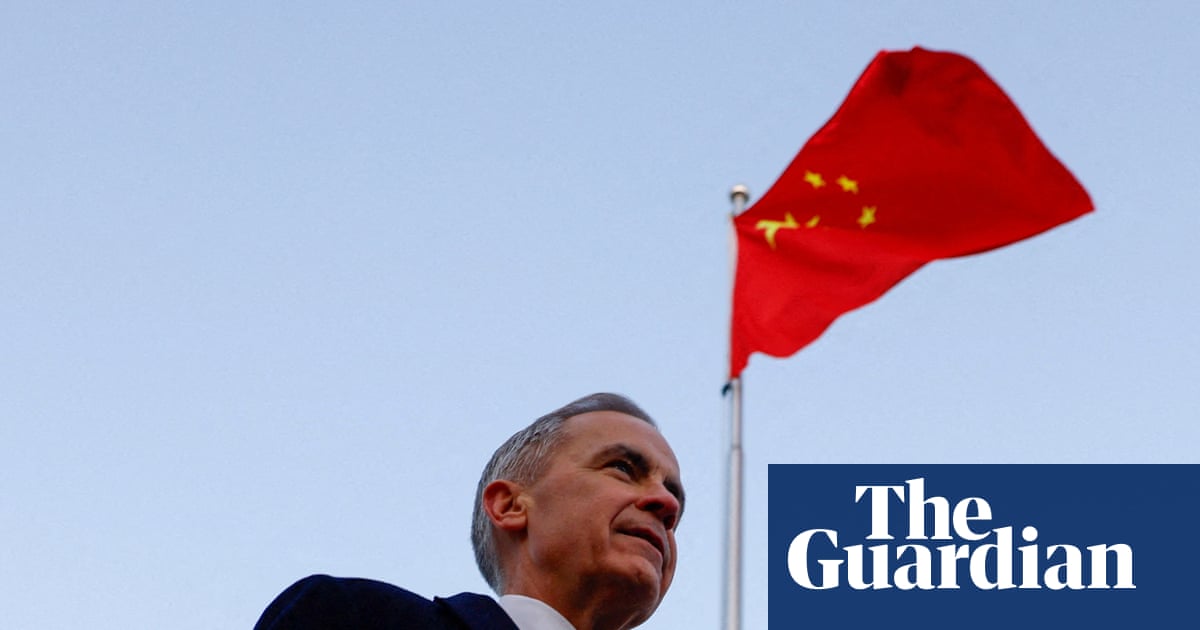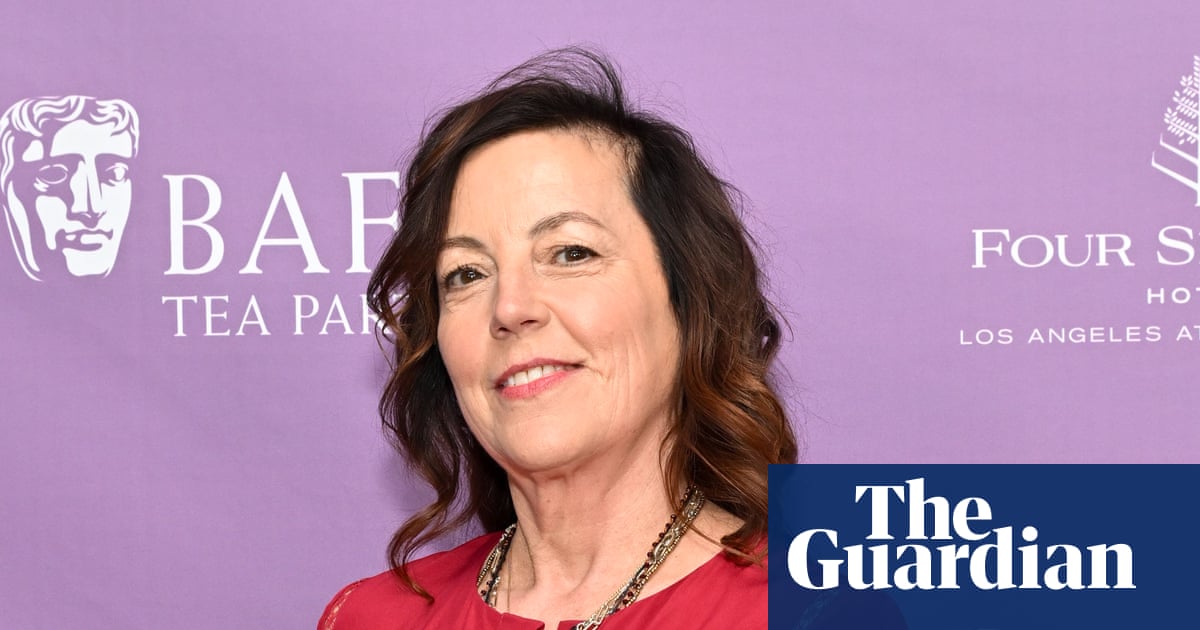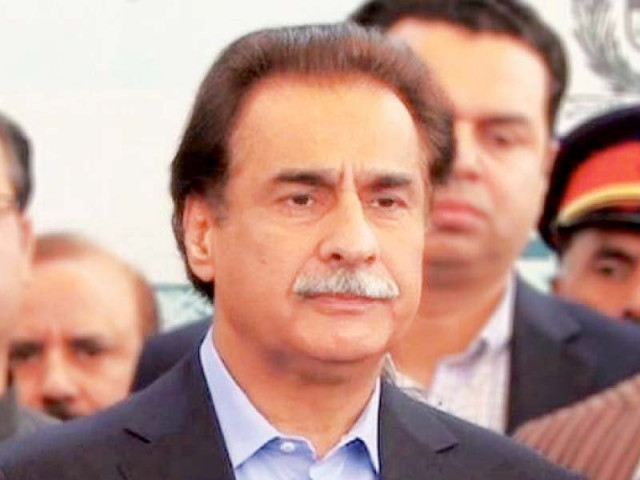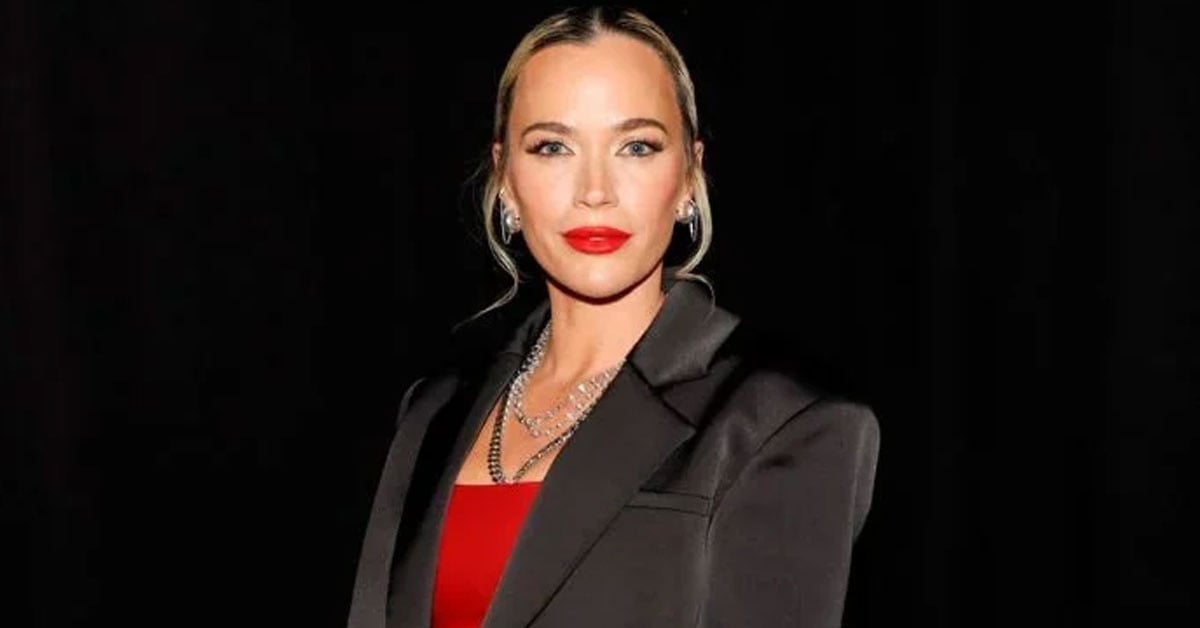Mark Carney’s trip to Beijing this week secured what he described as a “preliminary but landmark” trade deal and a recognition – welcomed by Beijing – that countries are operating in a “new world order”.
Carney’s visit is the first…

Mark Carney’s trip to Beijing this week secured what he described as a “preliminary but landmark” trade deal and a recognition – welcomed by Beijing – that countries are operating in a “new world order”.
Carney’s visit is the first…

The BBC could soon make programmes for YouTube, after being put under pressure to produce more content on the increasingly dominant digital platform.
The corporation would begin making some content released first on the platform under proposals…

If you were to compile a list of the most powerful people in the movie business, you might start with the auteurs, the A-list actors or the execs who bankroll Oscar-winning projects.
But among those better-known powerbrokers is another vital cog…

He said Nawaz Sharif was their leader but had given him a free hand in discharging his duties
Former National Assembly Speaker Sardar Ayaz Sadiq. PHOTO: FILE

Critics are raving about Nia DaCosta’s 28 Years Later: The Bone Temple, and a big part of why is the absolutely sensational climax, in which Ralph Fiennes channels his inner metal god…

Teddi Mellencamp revealed she has landed in a hopeful spot,…

Just in time for next week’s Academy Awards nomination, we have made our final picks for who will be nominated and why. These will not differ much from our predictions back in December, but as we have had SAG, DGA, and PGA nominations,…

Prince William has seemingly made up his mind about his brother, and the…

Vaccines are a vital tool that save millions of lives every year. Concerningly, the United States is cutting funding for a key organization that saves lives around the world through…